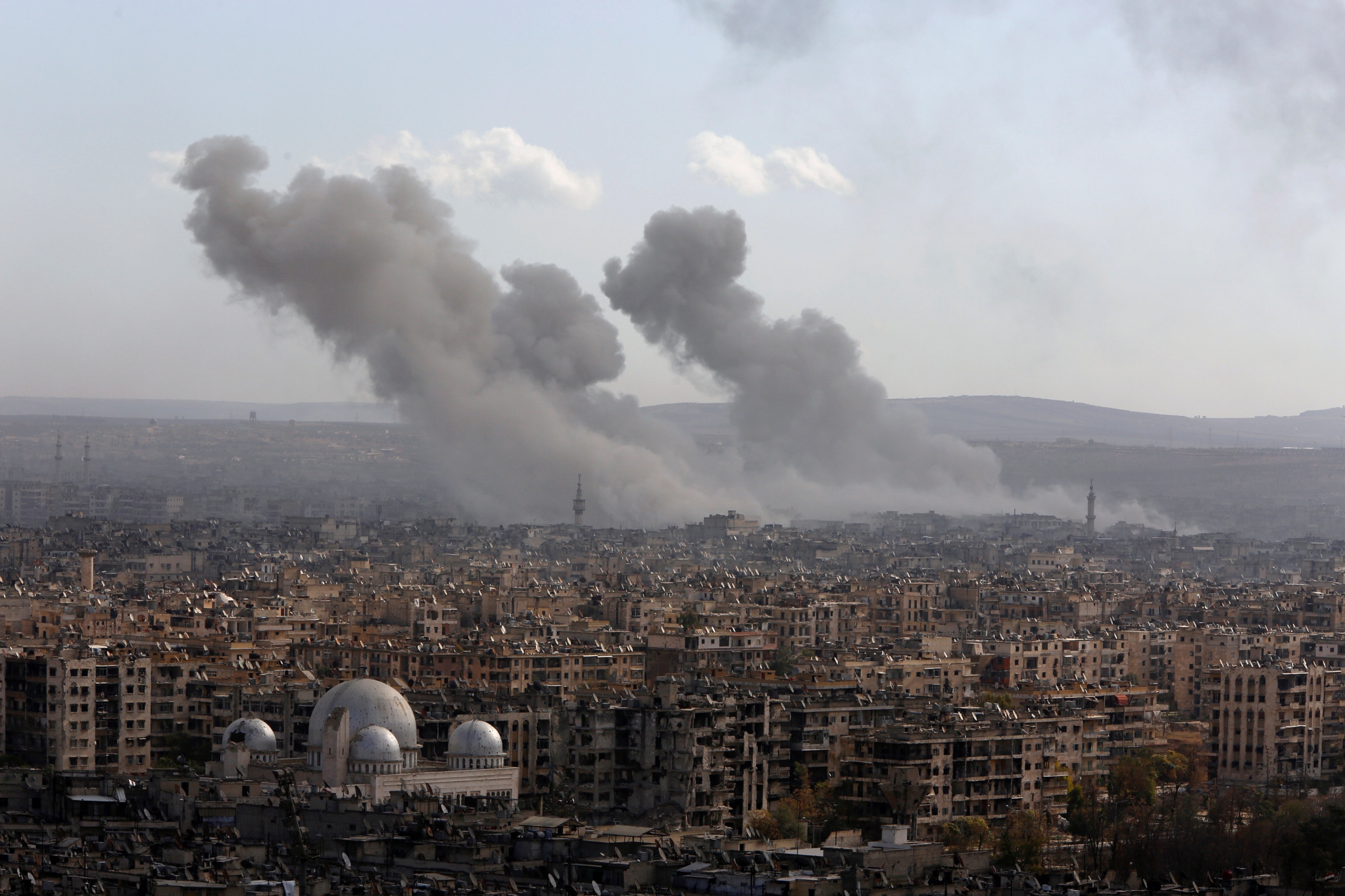Russia wants Syria to stop bombing during peace talks, says UN

Russia has asked the Syrian regime to halt bombings during peace talks this week in Geneva, the United Nations envoy Staffan de Mistura said on Wednesday, though a peace breakthrough seems unlikely.
"Russia announced to everyone that they have formally asked the Syrian government to silence their own skies during the talks," de Mistura said at a meeting of the UN-backed ceasefire taskforce, on the eve of new negotiations aimed at ending the six-year conflict.
But the diplomat signalled that limited progress was likely and "momentum" towards a deal was probably the most that could be hoped for when delegations for Syrian President Bashar al-Assad and the opposition resume talks on Thursday.
"Am I expecting a breakthrough? No, I am not expecting a breakthrough," de Mistura said, adding that he hoped this round could lead to further talks on a political solution.
The ground - both in territory and diplomatically - has shifted since the last round of talks broke up in April 2016, and the rebels are in a significantly weaker position.
Assad's army has recaptured the rebel bastion of eastern Aleppo, and the United States - once staunchly opposed to Assad - has said it is reassessing every aspect of its Syria policy under President Donald Trump.
Parallel talks in Khazakstan, sponsored by Russia and Turkey, failed to reach an agreement at their conclusion last week.
Delegations were smaller and lower-level than during the first round of the Astana process in January.
The sides were unable agree a final statement, and there was no direct dialogue between the Syrian government and opposition.
Last week the UN said it hoped the Geneva talks would discuss the political process needed to end fighting in Syria.
However, it did not mention that the process would ensure the removal of Assad - a pre-condition of rebel groups since the outbreak of fighting.
Middle East Eye propose une couverture et une analyse indépendantes et incomparables du Moyen-Orient, de l’Afrique du Nord et d’autres régions du monde. Pour en savoir plus sur la reprise de ce contenu et les frais qui s’appliquent, veuillez remplir ce formulaire [en anglais]. Pour en savoir plus sur MEE, cliquez ici [en anglais].


